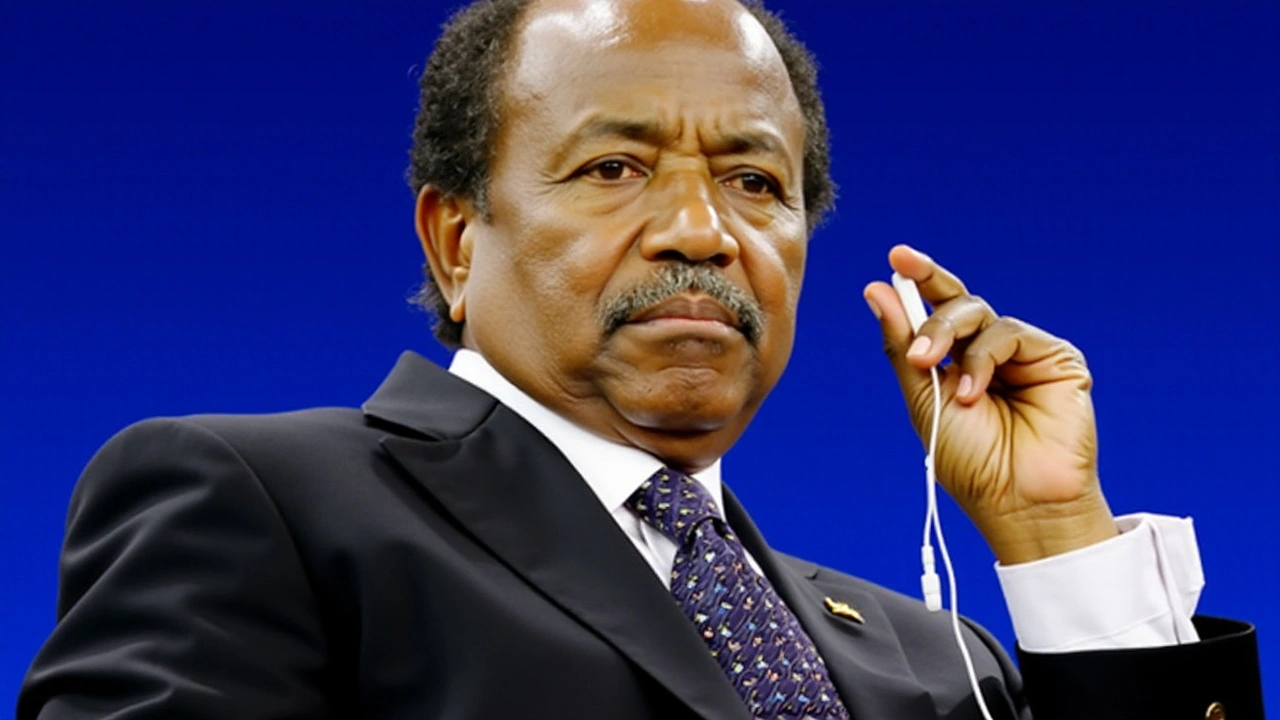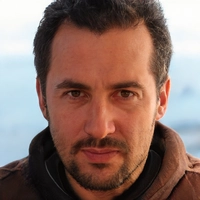The political climate in Cameroon has become increasingly tense since speculation about the health of President Paul Biya began circulating. President Biya, who has ruled the West African nation since 1982, did not return to public duty after the China-Africa Summit in early September 2024, igniting public concern. At 91 years old, any prolonged absence naturally prompts worry and speculation, both domestically and internationally.
The absence has led to an outcry from political figures and the public alike, questioning the transparency of the government with regards to Biya's health status. A prominent Cameroonian lawyer, Christian Ntimbane, penned an open letter to Samuel Mvondo Ayolo, the influential director of the Civil Cabinet, expressing the need for clarity. Ntimbane articulated the sentiments of many Cameroonians, urging the officials to 'say something.' Honest communication, he argued, is critical for maintaining national stability.
Mounting Speculation and Public Anxiety
The lack of official updates has opened the floodgates for speculation. Unconfirmed reports have suggested that Biya is either resting in Switzerland or hospitalized in France. The atmosphere is rife with anxiety, exacerbated by the chaotic discourse on platforms such as X, formerly known as Twitter. Here, opinions are divided; some believe that the President's eldest son, Franck Emmanuel Biya, is being groomed to succeed him – potentially orchestrated with support from France.
On the opposite end, an optimistic portion of the populace sees a possible end to Biya's rule as a chance for freedom and reform. Talk of a political framework already established to ease this transition— including the potential interim leadership of Biya's brother-in-law, Robert Nkili—adds layers to the unfolding drama.
Opposition and Potential Power Struggles
Yet, not everyone is quietly discussing succession. Prominent opposition leaders, particularly Maurice Kamto, appear ready to contest any attempt to sideline democratic processes in favor of familial succession. Kamto's past attempts to mobilize support against Biya's overwhelming influence suggest he could play a pivotal role in shaping any transitional phase.
Biya's Impact: Political Legacy and Future
Biya's presidency is marked by a reign that's one of the longest in the world. From his prime ministerial role in 1975 until now, his influence has left an indelible mark on Cameroon. Supporters laud his ability to maintain peace in a diverse nation while critics point to prolonged economic struggles and human rights issues. As with any long-standing leader, the prospect of his leadership ending without a clear succession plan leaves Cameroon at a crossroads.
Currently, the globe watches closely, waiting for a signal from the Cameroonian government about its next steps. The questions remain: Will the government open a transparent dialogue about Biya's health? Will his potential absence from the spotlight precipitate a new political era for Cameroon? While the situation evolves, Cameroon's citizens continue to express their desires for peace and leadership that champions democracy and stability.
In conclusion, as Paul Biya's potential health crisis reveals the fragility of politics in Cameroon, the nation grapples with its future path. The path surely involves both responding to current concerns and long-term strategizing. Regardless, what remains clear is that the Cameroonian people, along with global observers, eagerly await clarity and resolution.

